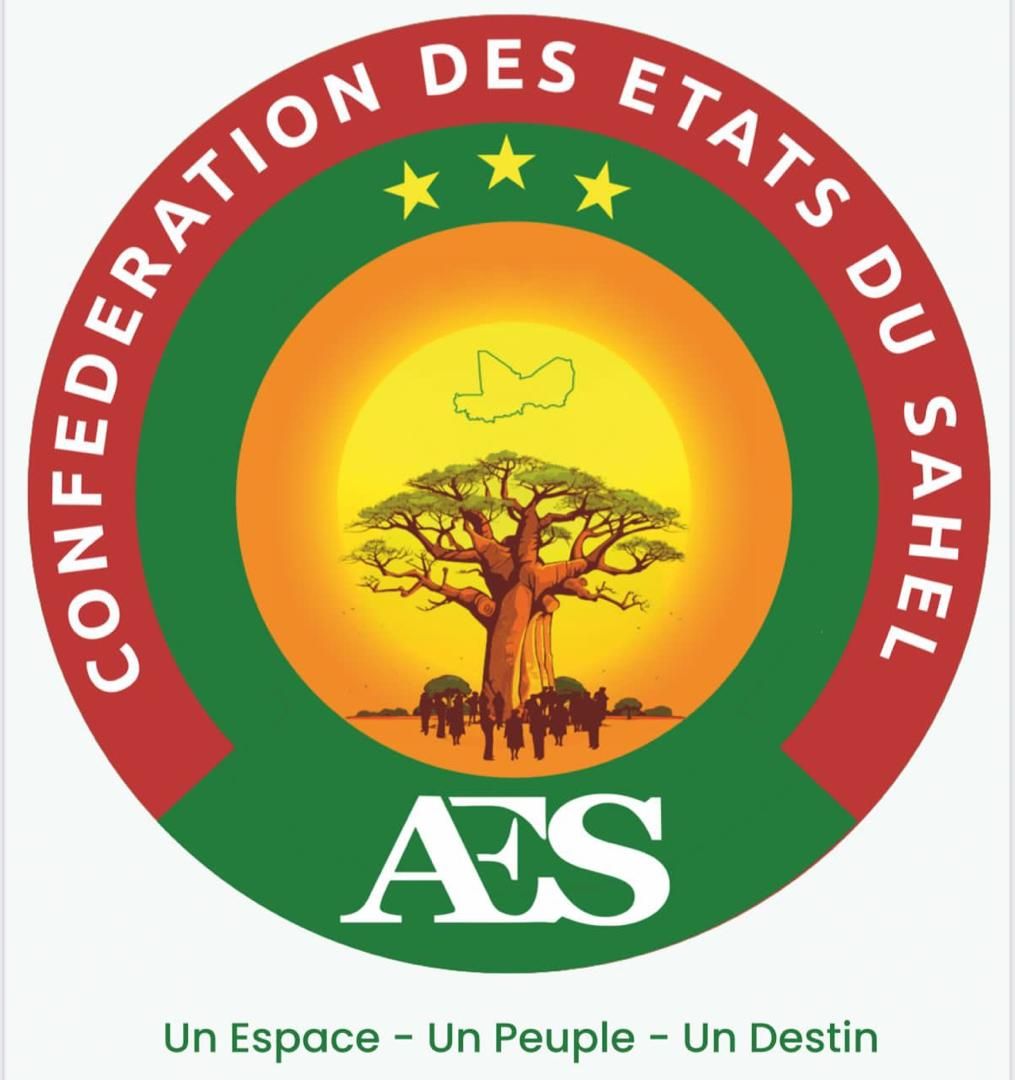
AES Announces Implementation of Regional Passport For Member States

The Confederation of Sahel States (AES) has announced the launch of its regional passport, a significant step towards enhancing the free movement of people and goods within its member states.
According to a press release issued by the AES presidency, the circulation of the new AES passports will commence on January 29, 2025. However, old passports bearing the ECOWAS logo will remain valid until their expiration date, providing a smooth transition for citizens.
AES member state citizens holding ECOWAS passports may replace them with new AES documents in line with the confederation’s regulations. This move reaffirms the AES’s commitment to ensuring seamless travel across its territories while maintaining openness to nationals of the Economic Community of West African States (ECOWAS).

The introduction of the AES passport followed key resolutions adopted during a ministerial meeting held in Bamako on January 16, 2025. Among these decisions was the establishment of a Regional Investment Bank to drive economic growth and development across AES member states—Mali, Niger, and Burkina Faso. The bank aims to fund transformative infrastructure projects that will enhance connectivity and foster regional integration.
This initiative aligns with the AES’s broader objectives of strengthening regional self-sufficiency and fostering economic collaboration, with the confederation’s resolve to implement pragmatic solutions to address its development needs, as it formally exits ECOWAS this month.
Despite its withdrawal from ECOWAS, the AES continues to emphasise African solidarity by creating a visa-free zone across its territories, allowing ECOWAS nationals unrestricted entry.
Speaking on the matter, Army General Assimi Goïta, President of the Malian Transition and head of the AES, reassured citizens and neighbouring states of the confederation’s dedication to maintaining open borders and regional cooperation.
The AES, as a political and economic project, embodies our common desire to make the free movement and unity of African peoples fundamental priorities, he said.
The AES was established by Mali, Niger, and Burkina Faso to address shared challenges and strengthen regional ties following their decision to withdraw from ECOWAS.
Read Also:
- Kenya to Abolish Visa Requirement for All African Countries, Except Libya and Somalia
- I Remain Lagos Assembly Speaker, Due Process Not Followed – Obasa
About The Author
Related Articles
Tinubu Government Delays Release of Signed Tax Acts to the Public
Four days after President Bola Tinubu announced the signing of four tax...
ByMayowa DurosinmiJune 30, 2025As Tinubu Urges Africa-Caribbean Unity in Saint Lucia, Over 272 Nigerians Killed in June Alone
While Nigerians deal with deadly violence, worsening hunger, and mass flooding, President...
ByWest Africa WeeklyJune 30, 2025You Can’t Tax a Dead Economy: Nigeria Is Suffocating Under Its Own Policies
As Nigeria’s Central Bank clings to its benchmark interest rate of 27.5...
ByWest Africa WeeklyJune 30, 2025“Wike is Not a Blessing to Us, He’s a Disaster” — Workers Protest in Nigeria’s Capital Over Unpaid Wages, Poor Working Conditions
Staff members of the Federal Capital Territory Administration (FCTA) in Abuja barricaded...
ByOluwasegun SanusiJune 30, 2025












Leave a comment